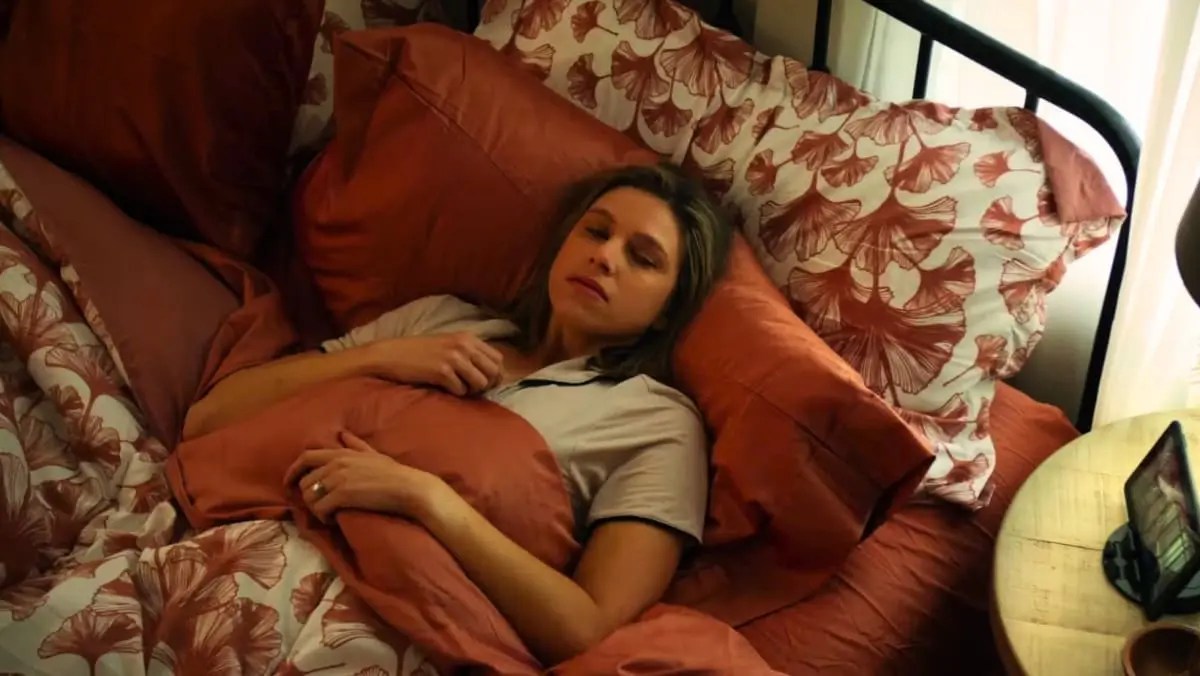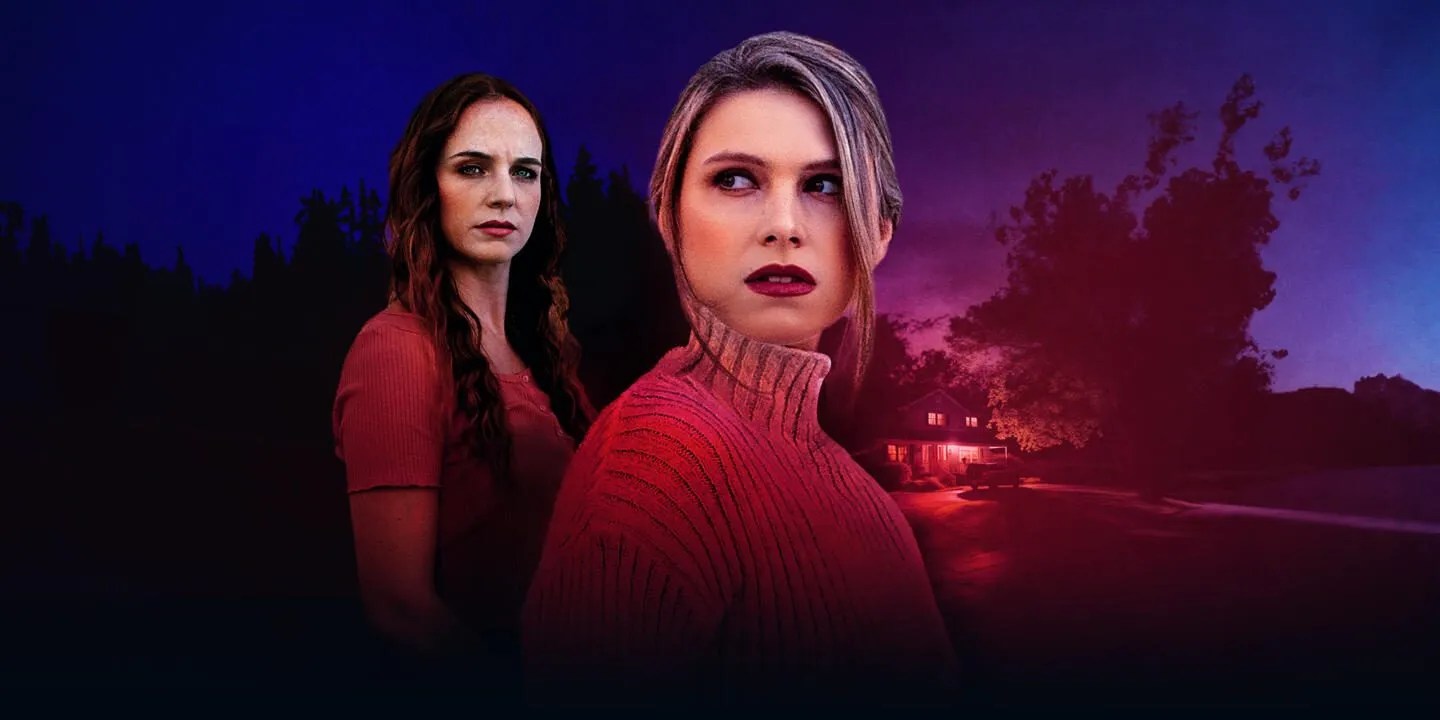Directed by Matthew Toronto, ‘My Nanny Stole My Life’ introduces us to a new mother who begins to suspect that her nanny is plotting to take over her family. Following the birth of her child, Molly grapples with postpartum depression. Exhausted from the physical and psychological toll the process has taken on her body, Molly agrees to hire a nanny to help her care for the baby and recover. However, when the nanny begins working at her house, the mother is unnerved by the caretaker mirroring her looks.
Eventually, Molly becomes convinced that the babysitter is trying to steal her child and take over her life. Yet no one believes her, chalking the paranoia up to her fragile mental state owing to the postpartum depression. As Molly’s fear deepens and the nanny’s actions grow increasingly bold, the lines between reality and delusion become blurred. The Lifetime thriller presents a terrifying narrative, both from the perspective of a mother’s deteriorating mental state as well as the possibility of a babysitter trying to steal a family.
My Nanny Stole My Life Creates a Mind-Bending Story of Paranoia
Written by Naomi L. Selfman, ‘My Nanny Stole My Life’ is a fictional story that engages us with the familiar concept of a deceptive nanny with a chilling secret while adding a reality-bending element to the protagonist’s deteriorating mental state. While the movie’s narrative is thankfully invented and not based on real life, it may definitely remind one of some similar movies while making others sympathize with the plight of Molly and her degrading mental health.
A movie with related themes to ‘My Nanny Stole My Life’ is Netflix’s ‘Deadly Illusions.’ The film follows Mary Morrison, a novelist who is grappling with persistent writer’s block. Hoping to get more time and focus on her work, Mary hires a nanny to look after her children and help out in house chores. Much like Molly, Mary begins to notice strange behaviors from the babysitter, who seems like she is trying to seduce her husband. In addition, Mary begins to doubt her own mind when she has visions with the nanny and struggles to distinguish them from reality.

There are several Lifetime movies made on the subject of dangerous nannies, possibly creating a sense of déjà vu while watching ‘My Nanny Stole My Life.’ In ‘The Nanny Is Watching,’ a nanny uses the Franklins’ surveillance system to spy on them and wants to become a part of their family. ‘Nanny Dearest’ sees an egg donor return to the family to reclaim her daughter while posing as a babysitter. Other similar Lifetime movies include ‘Secrets of a Celebrity Nanny,’ ‘Bad Nanny,’ and ‘Nanny Nightmare.’
‘My Nanny Stole My Life’ adds to its story by hinting at Molly’s paranoia stemming from postpartum depression (PPD). The condition is believed to be largely caused by a rapid drop in estrogen and progesterone levels after childbirth and is often confused with baby blues. Molly’s experience with PPD is intertwined with her growing psychosis about her nanny. The film delves into the psychological toll of PPD, showing how it can distort one’s perceptions and lead to distrust of others, even those who are meant to provide support. The symptoms of PPD can manifest themselves differently for individuals; however, it is safe to say that its effects are cranked up to a sensational degree in the thriller.
Naomi L. Selfman adds lesser-explored twists to Lifetime’s fleshed-out genre of Nanny movies with creative use of PPD in ‘My Nanny Stole My Life.’ While the condition is real and can take on different forms for different people, it is dramatized with the addition of paranoia and is used to justify people’s dismissal of Molly’s claims.
Read More: Is The Handsome Gambler a Real Bar?






